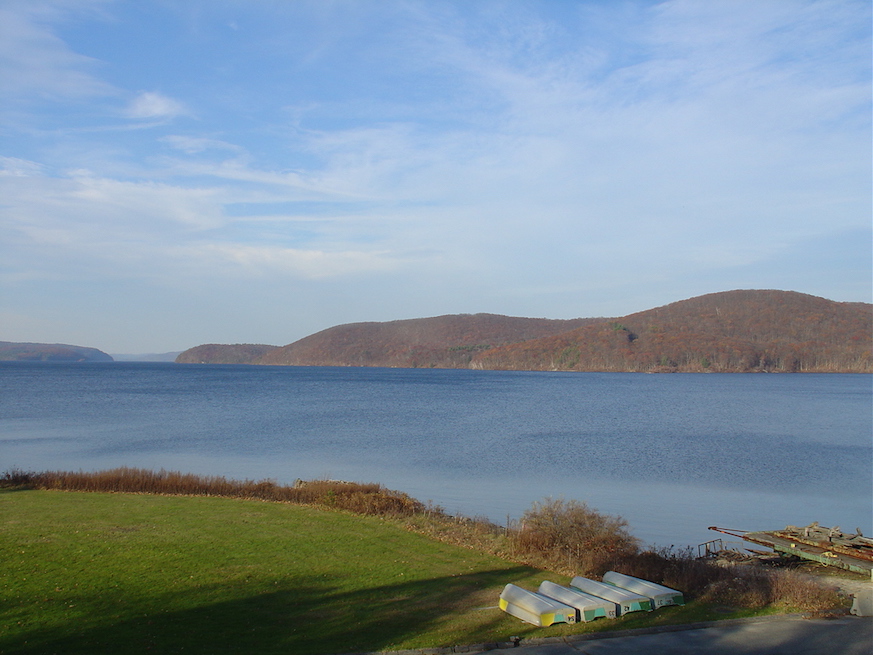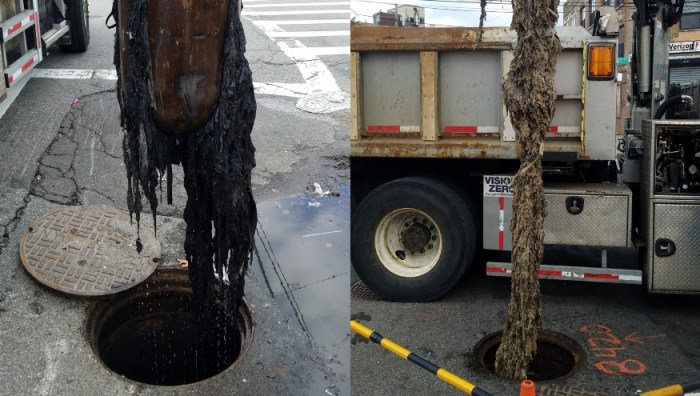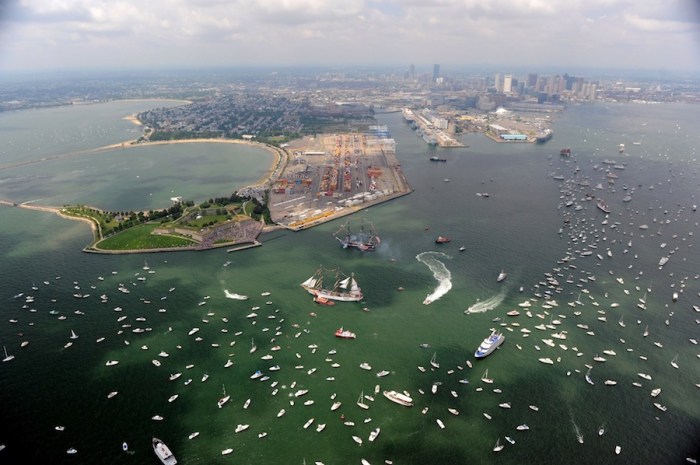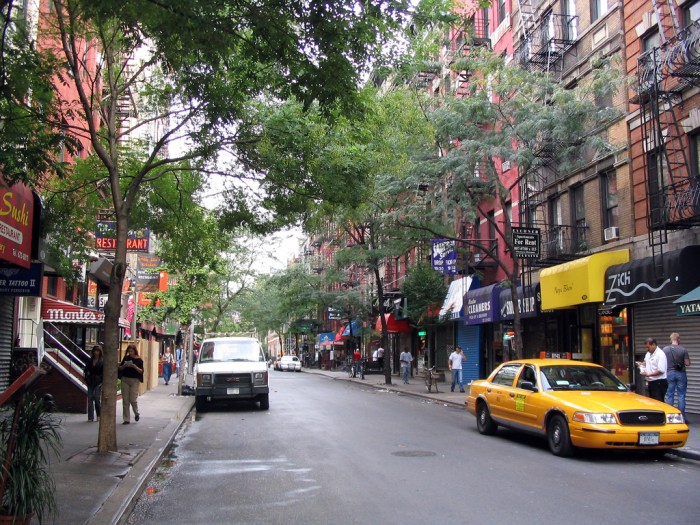There are regulations that restrict how much pollution can be dumped into a waterway, but industries in Massachusetts don’t seem to always follow the rules.
Massachusetts industries dumped excessive amounts of chemicals into the commonwealth’s rivers and streams more than 120 times in the last two years, according to a new report by the Environment Massachusetts Research & Policy Center.
“All of Massachusetts’ rivers and streams should be clean for swimming, drinking water and wildlife,” said Ben Hellerstein, state director for Environment Massachusetts, in a statement. “But industrial polluters are still dumping chemicals that threaten our health and environment, and no one is holding them accountable.”
Environment Massachusetts, a nonprofit advocacy organization, released a report Tuesday called Troubled Waters: Industrial Pollution Still Threatens America’s Waterways.
The report comes in the wake of efforts by the Trump administration to weaken the Environmental Protection Agency, the organization said.
Policy experts looked at Clean Water Act compliance data between Jan. 2016 and Sept. 2017, which was available through the EPA, and found that multiple industrial facilities are dumping more pollution than is legally allowed by their permit limits.
“Here in Massachusetts, nearly 54 percent of major industrial facilities exceeded pollution limits at least once,” in the time period reviewed, said Elizabeth Berg, a report author and policy associate with Frontier Group. “The majority of these instances were in waterways that were already heavily polluted.”
In one example, the Texas Instruments facility in Attleboro dumped more pollutants than legally allowed into Coopers Pond 13 times over the course of 21 months. One of that company’s violations exceeded the permitted limit by more than 500 percent.
Often, these industries don’t face fines or repercussions strong enough to deter these actions, according to Berg.
Environment Massachusetts hopes this report will lead to policy changes that can better protect the state’s and country’s rivers, streams and ponds.
“Our waterways simply need better protection,” Berg said.



















